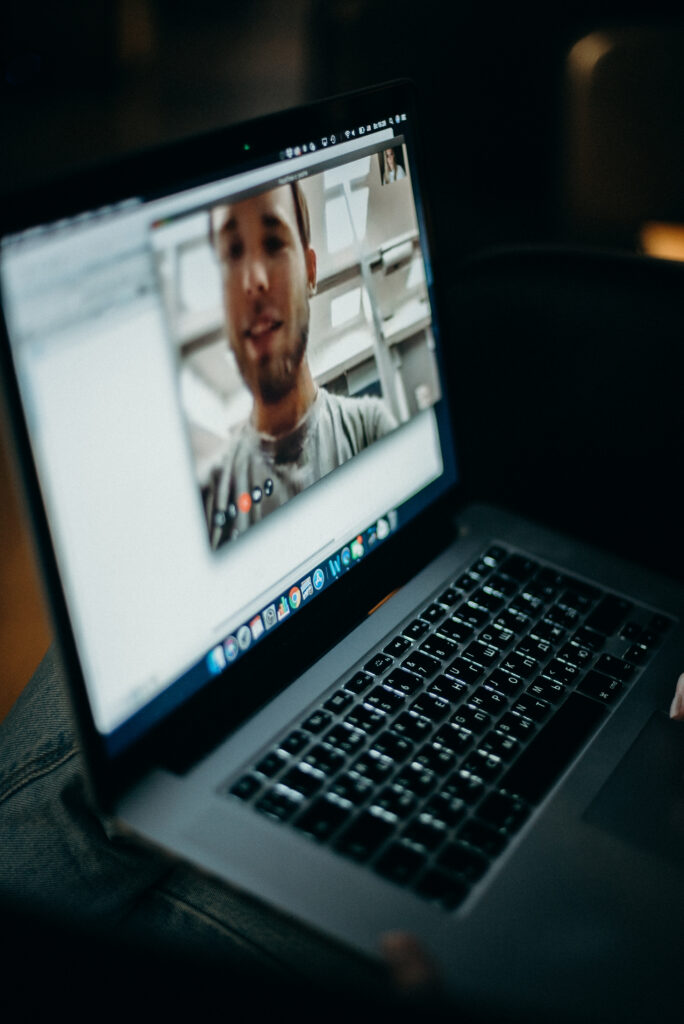How timing impacts strategic planning for commercial lease events
04 Feb 2026
Published on:
17 July 2020
Updated on:
15 December 2023
Read time:
A potential concern raised in our new working from home culture is that managers are continuing to judge their team members by what they do rather than by any subjective feelings that they might have towards them.
While video conferencing and remote meetings have been cited by many as one of the most challenging aspects to negotiate when working from home, employers and managers have an obligation to ensure that unconscious bias doesn't enter the equation during these calls.

Perhaps for the first time this year, colleagues and associates are getting a peek inside many of our houses and apartments which can leave us feeling exposed.
The Guardian ran a feature in March, right at the beginning of lockdown, on the hosting of TV news at home. The article highlighted how broadcasters were conscious of being judged by their decor. The presenters interviewed were aware that viewers would be scrutinising the backdrop of their homes, during the broadcast, and commenting on the wallpaper and soft furnishings.
Many presenters were searching out the most innocuous space in their houses, as a result, and removing items from show in order not to give too much personal information away or provide a platform from which to be judged.
Theirs is a reluctance which is now broadly shared, many months on. Many of us who are still working remotely don۪t welcome being exposed in this fashion, with some regarding the video conference call as an intrusion into our homes and an invasion of privacy, to some degree.
We now have no choice but to open the door to our colleagues and invite them into our personal space if we want to be including in meetings and to comply with our employer's requirements. However, by doing this, we run the risk of judgements being made on our style choices and even the types of properties that we can afford.
We all make judgements about others based on pre-conceived stereotypes that have been determined by our upbringing and influences.
Managers need to be alert to the particular bias that accompanies remote working.
We often favour people who look like us and share the same interests as us so it is highly likely we will equally favour those who live like us, with a similar style and to an equal standard.
There can be bias relating to the expectations we have of others, which influences how we judge their work and the tasks we give them.
For instance, in the case of a worker who lives by themselves and is, therefore, operating from a quiet environment when pitted against the worker who suddenly finds themselves sharing their working space with school age children.
On another level, employees have been catapulted into a position where they might expect to be judged on their surroundings. Millennials and Gen Z'ers could feel at a distinct disadvantage if they are in shared, basic standard accommodation and they're sharing Zoom calls with senior staff, who are likely to have bigger homes with more extravagant furniture.
We can move to counter any such bias if we increase our awareness and take positive steps to address it. For example, make sure the working parent has the same opportunities and is pitched on the same projects as the individual working with no dependents in the home.
And if younger staff members are likely to be uncomfortable taking a call in their studio flat, with their bed behind them, you could always switch to audio calling and remove the potential for embarrassment.
The potential for prejudice is a part of the human condition.
In the workplace, that needs to be recognised and managed regardless of the changing landscape and, ultimately, where that workplace might be.
Blog
04 Feb 2026
Blog
Blog
04 Feb 2026
News
News
03 Feb 2026
News
News
28 Jan 2026